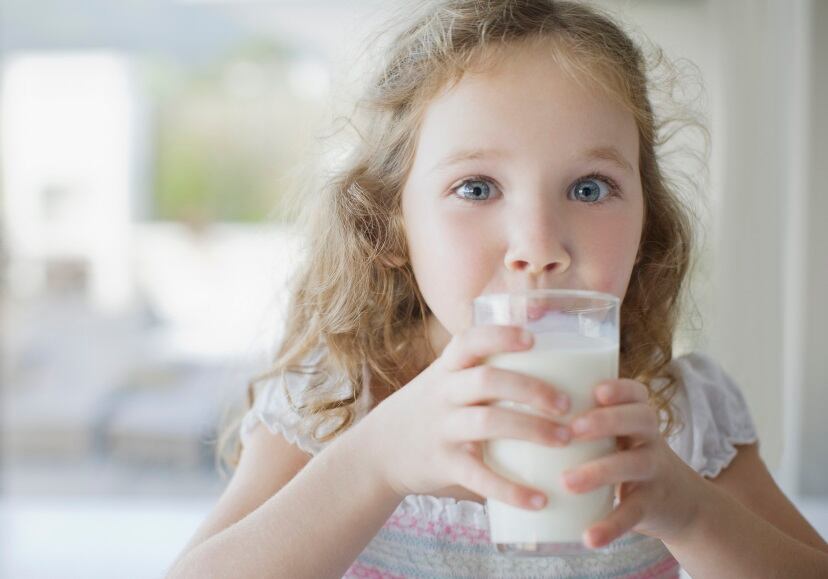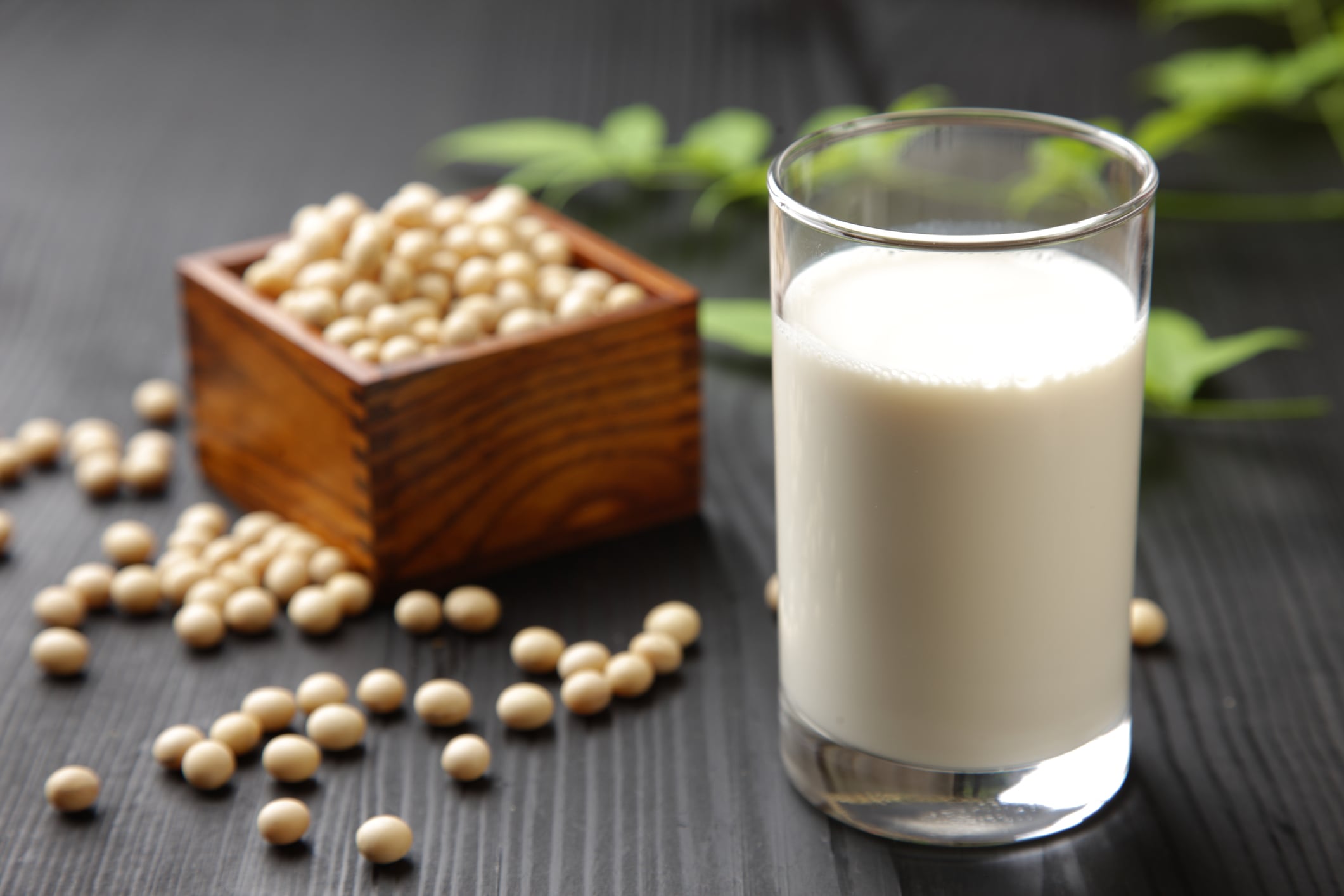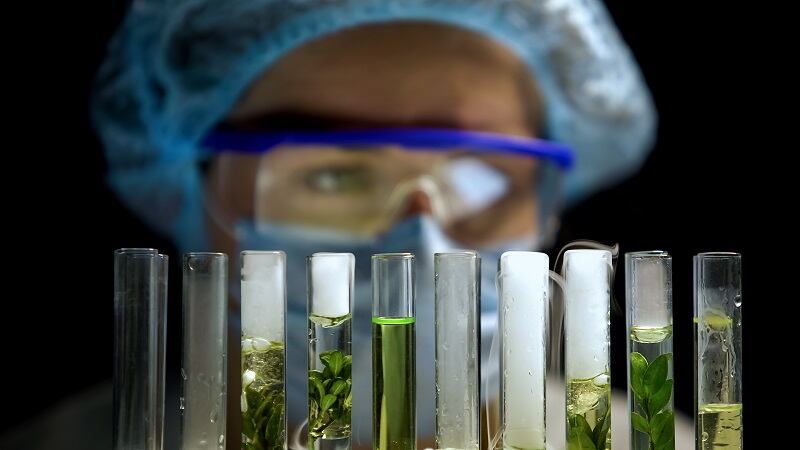First introduced after the Second World War, free milk in schools has been credited with tackling malnutrition in the UK. Provision has since been scaled back, but the current scheme still includes all children under 5 and all children entitled to free school meals on a means-tested basis at a cost to the taxpayer of around £7m a year.
However, the UK school milk subsidy programme has come under fire.
Plant Based Health Professionals UK, a ‘community interest’ company founded in 2017 made up of doctors and health professionals, is urging the government to scrap free dairy milk in schools.
The group argues that dairy is ‘unnecessary for health’ as well as being linked to increased risk of asthma, eczema and even obesity. Moreover, while the scheme is meant to boost basic nutrition for children most in need, Plant Based Health Professionals UK argued that the programme ‘excludes communities of colour’. Citing a study published in the Lancet, they noted 'over 70% of people from BAME communities' are lactose intolerant.
Instead, the organisation suggested, the government should shift its focus away from providing free dairy and instead offer plant-based milk alternatives alongside fruit, vegetables and whole grains.
Unsustainable and unhealthy?
Dr Shireen Kassam, a consultant haematologist and founder of Plant Based Health Professionals UK, argued the provision of dairy to school children is both unsustainable and unhealthy.
“Dairy should not be an essential part of school nutrition. It is a defunct food product that is not only unnecessary for health, but which also leads to environmental destruction, with the world’s 13 largest dairy companies producing the same greenhouse gas emissions as the entire UK."
Indeed, research suggests globally, cattle are estimated to produce 5,335 Mt of CO2 equivalents per year, which is about 11% of all human-induced GHG emissions.
Dr Kassam is also dismissive of the nutritional contribution that dairy consumption makes. “While dairy milk does contain calcium, dairy consumption is not required for bone health, as supported by clinical studies. A recent review paper highlights how countries with the highest intakes of dairy products – including the UK, US and the EU – tend to have the highest rates of hip fractures, while low dairy consumption is associated with a reduced rate of hip fracture.”
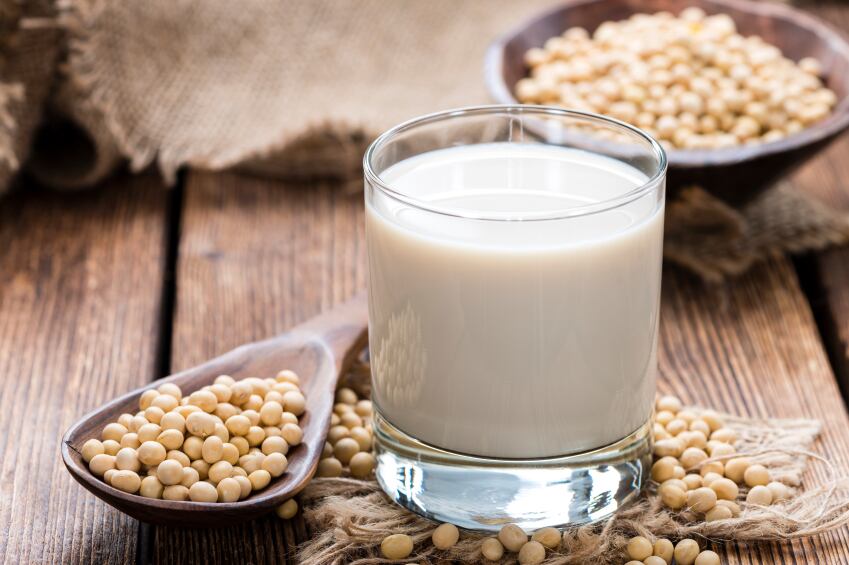
Dr Kassam links dairy consumption to further negative health outcomes, including cancer and digestive problems.
“Dairy consumption is associated with an increased risk of prostate cancer in men – which is most prevalent in African Americans – and possibly endometrial cancer in women, as well as causing digestive issues and other ailments for people who are lactose intolerant.”
Moreover, Leila Dehghan-Zaklaki, a Registered Associate Nutritionist, argued milk consumption can also be linked to obesity – and the associated higher COVID-19 mortality rates.
“There is a link between dairy consumption and obesity, which studies funded by the dairy industry or links to dairy industry deny. About 65% of fat in dairy milk is saturated fat, and the consumption of whole milk, cream and cheese in particular is problematic. Cheese can contain up to 70% fat – a fact that’s often overlooked.
“In the UK, Black African and Black Caribbean adults have the highest incidence of obesity. This is something that healthcare professionals and policy makers need to address because obesity has been identified as one of the major risk factors for severe COVID-19 illnesses. This may also be one of the reasons why the mortality rate among BAME communities is disproportionately higher. The government is launching a weight loss campaign to prepare the country for a second wave of COVID-19, and ditching dairy and dairy products needs to be part of that campaign."
Dr Miriam Martinez Biarge, a London based paediatrician also associated with Plant Based Health Professionals UK, said beyond the age of two years – when children benefit from breast milk – they ‘do not need dairy products'.
“Fortified soya and pea milks provide the same amounts of protein and calcium as cow's milk, without any of the problems associated with dairy products. In young children, cow's milk interferes with iron absorption and is a well-known risk factor for iron deficiency anaemia, a condition that affects more often African American and Hispanic babies and children.”
Instead of free milk, Plant Based Health Professionals UK said that plant-based alternatives – that they insisted offer a ‘wide range of health benefits’ – should be offered.
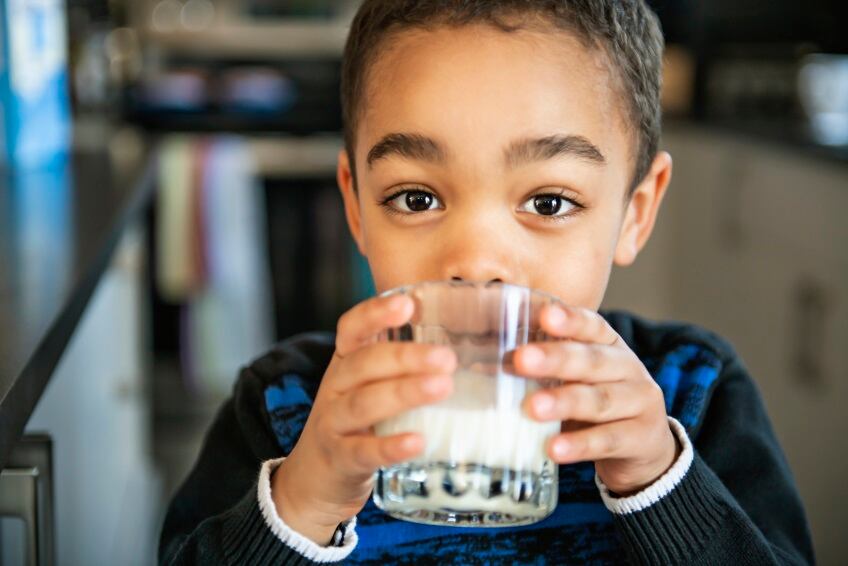
Are dairy and plant-based 'milks' equal?
Dr Kassam and others claimed that plant-based options can deliver equivalent nutritional benefits to dairy, including ‘equivalent amounts of calcium and protein’.
“Soya milk consumption, for example, offers similar or higher levels of protein than cow’s milk, is fortified with calcium and other important vitamins and minerals. Studies of dietary patterns suggest that the regular consumption of soya foods in particular is likely to be beneficial for bone health as part of a predominately plant-based diet, especially those which include the consumption of fortified milks as well as alternative dietary sources of calcium such as kale, broccoli, tofu, nuts, and beans. Predominately plant-based diets without the consumption of dairy have also been shown to provide numerous other benefits, including improved heart health and reduced cancer risk," Dr Kassam stressed.
However, Bridget Benelam of the British Nutrition Foundation (BNF), told FoodNavigator that the issue is not so clear cut.
“Milk is a big contributor to calcium, iodine and riboflavin intakes for children so, while its important to consider the needs of children with allergies or intolerances, any reduction of milk provision in schools would need to be considered carefully.
“The nutrient content of plant-based drinks varies depending on their source (e.g. soya, oats, rice, almond) and whether they are fortified. Plant-based drinks don't naturally contain the same balance of protein, vitamins and minerals as cow's milk and so need to be fortified with calcium and ideally other nutrients such as B vitamins and iodine. Some plant-based products are not fortified and few currently fortify with iodine, which is important for cognitive function and for growth and development in children.”
Indeed, a fresh study out this week in the Journal of Dairy Science linked declining milk consumption in US schools with negative health outcomes in later life. The study associated regular milk consumption in childhood with reduced risk of osteoporosis, hypertension, obesity, and cancer in adulthood.
"Having schools include milk in their meal plans and increasing the types of milk available in schools are positive options to encourage children consume fluid milk and receive those health benefits,” said senior author Dr MaryAnne Drake of the Department of Food, Bioprocessing, and Nutrition Sciences at North Carolina State University.
Meanwhile, industry association Dairy UK dismissed the Plant Based Health Professionals campaign as containing ‘myths and untruths’ about milk that have been 'debunked' by independent scientific bodies, including Cancer Research UK, which advises there is no 'good evidence' that dairy can cause cancer but notes consumption is associated with a reduced risk of bowel cancer.
“It is disappointing to see such misinformation supported by medical professionals who should be committed to evidence-based policy, who risk compromising child nutrition in pursuit of an ideological end,” Dairy UK said in a statement.
“This is especially considering that now more than ever children need to be able to access affordable and nutritious foods such as milk and dairy to help them meet their daily nutritional requirements. This is all the more important for those children living in deprived households, who often struggle to easily access the daily nutrition they need.”
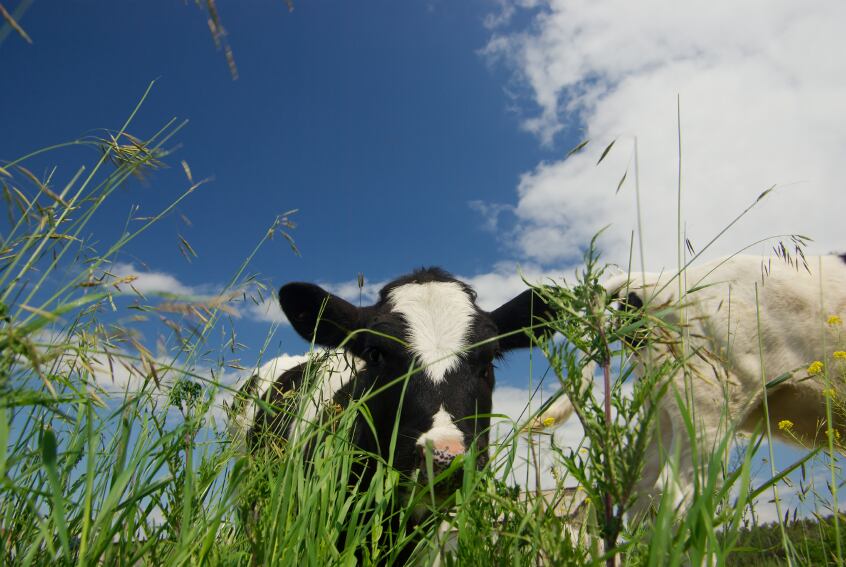
The organisation stressed milk is nutrient-rich and provides children with ‘significant amounts’ of vitamins and minerals such as calcium, high quality protein, B vitamins, iodine and phosphorus.
“Currently, there is no plant-based beverage that is nutritionally identical to milk and can replace the nutrition offered by milk, without significant fortification and processing.”
The industry body also downplayed the link made between dairy consumption and obesity: “A study published last month looked at the effects of replacing the nutrients provided by dairy with other foods. The study found that doing so required much larger amounts of food to be consumed, which came with a higher calorie intake (increasing by 41%), and a higher cost (between 2- 6 times higher). It would therefore not only be unnecessarily costly to remove milk and dairy from diets, but could also risk children consuming excess calories in an effort to catch up on missed nutrition.”
On sustainability, Dairy UK said the sector is ‘acutely aware’ of its responsibility to the environment and will continue to make sustainability gains. The organisation pointed to the contribution ruminants make to soil health and land use in the UK: “Let us remember that dairy cattle help maintain and replenish our pasture lands and turn inedible grass into nutritious milk, and that cows also provide soil nutrition – without which organic fruit and vegetables just couldn’t exist.”
The row has erupted as the UK reviews school food standards. BNF’s Benelam believes that the most effective school nutrition policy will reflect the local circumstances in which individual schools operate.
“Schools in different areas are likely to face different challenges in terms of the needs of their children and so this may be something that needs to be looked at locally,” she noted.
The expansion of nutrition provision in schools could payoff in terms of population health, she added. “Looking more broadly at food in schools, there is evidence that school meals deliver better nutritional quality than packed lunches and so provision of free school meals may be a way to support children's health, especially in areas of deprivation.”

